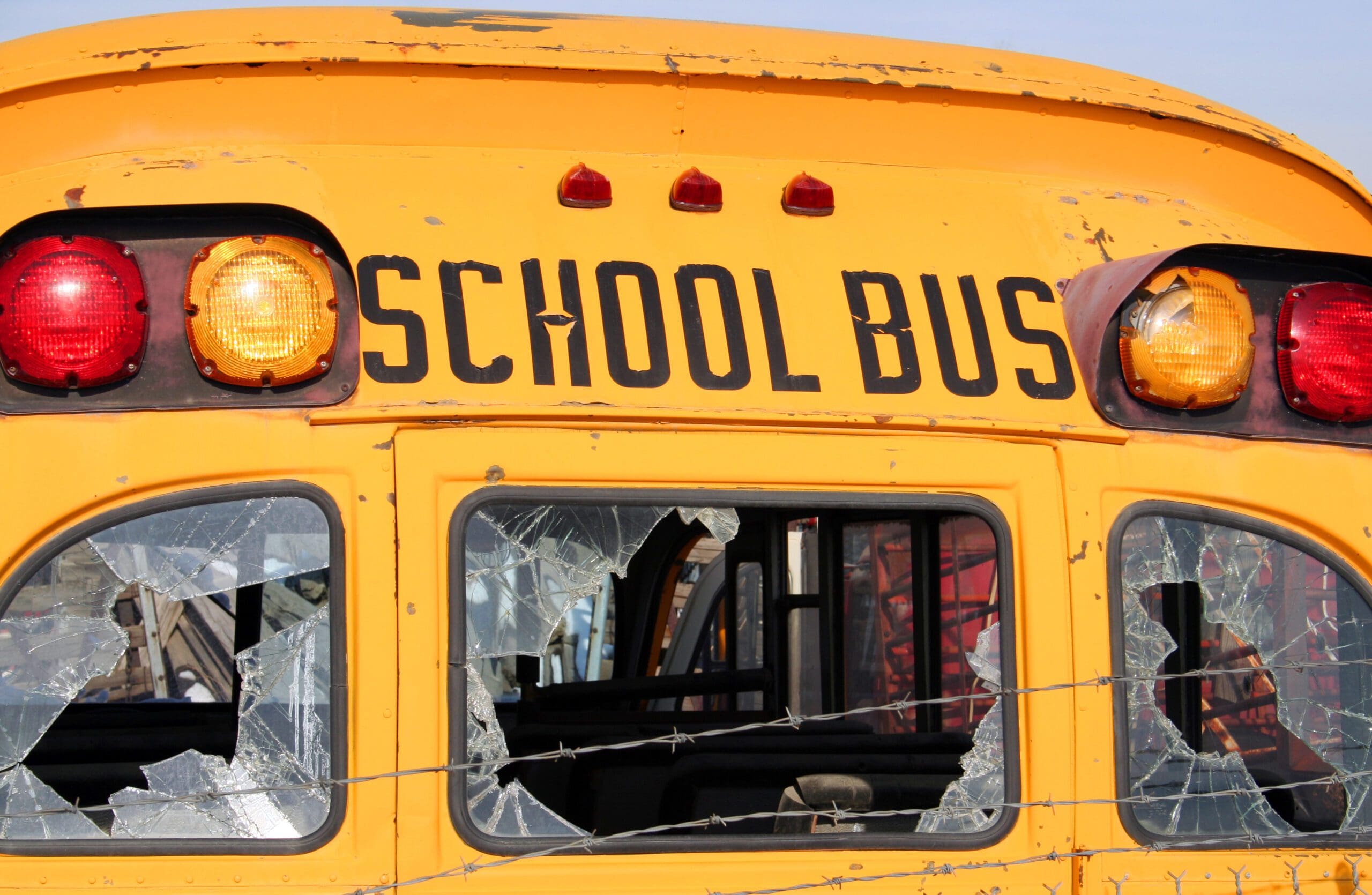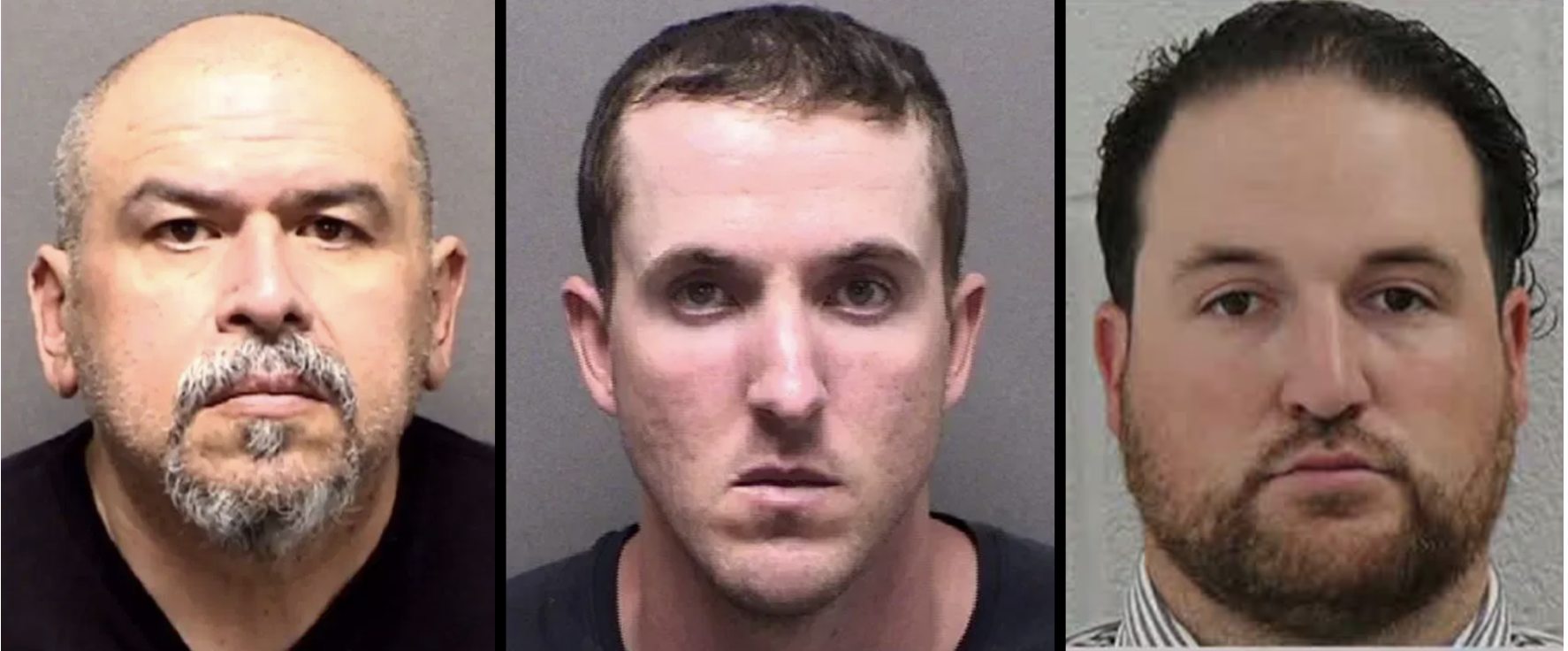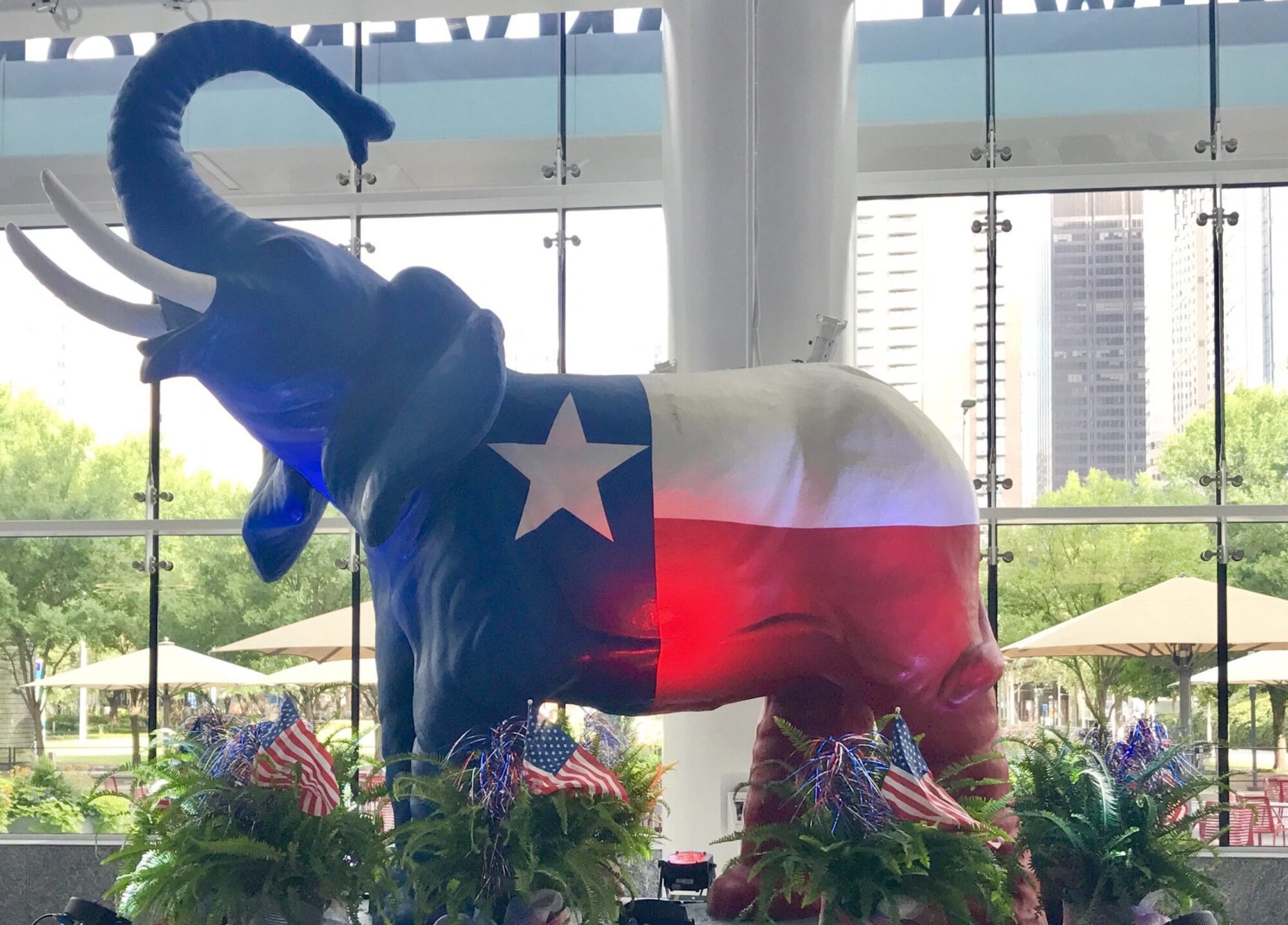Before the 2023 legislative began, Texas Gov. Greg Abbott and the Republican Party had already made education freedom a legislative priority. As the 140-day regular session drew to its end this spring, the governor added an incentive to address the issue: special sessions would be called to address the issue, if necessary.
The Texas Senate delivered on a plan in the regular session that made education savings accounts available to more than 90 percent of Texas families. The measure would have funded education savings accounts at $8,000 per student per year. It also gave $10,000 per year for five years to rural school districts with fewer than 20,000 students for each student who withdrew under the ESA program.
The House refused to act on that plan.
In this special session, the Senate again passed a school choice plan. In early October, the Senate’s revised plan removed the controversial “reimbursement” to public schools and made the education savings accounts more widely accessible.
The House again refused to act on a Senate proposal.
Instead, State Rep. Brad Buckley (R–Salado), who chairs the House Education Committee, filed House Bill 1—a nearly 200-page proposal that combined teacher pay raises with a very limited education savings account program. Abbott’s office said the legislation “differ[ed] from what the Governor’s office had negotiated with the House’s leadership team selected by the Speaker.”
Early this week, Abbott announced that he had reached a deal with House Speaker Dade Phelan for advancing school choice in the remaining days of the special session. Like the Senate plan, it featured an education savings account—but the governor had negotiated it to apply to smaller population of students while agreeing to pump an unspecific number of “billions” into the government-run public school system.
Within 48 hours, the House leadership announced they were breaking the deal with Abbott. No school choice proposal would be considered by the chamber.
In mid-October, Gov. Abbott told the Texas Public Policy Foundation that there was “an easy way to get it done and a hard way to get it done.” He continued: “The easy way will be for these legislators to come into the regular session, this next special session, and vote in favor of school choice. So if they make it the hard way, we’re happy to take the hard way also. Either way, I’m in this to win this.”
The “hard way” would be through rough 2024 re-election fights in which the governor would support their opponents. The House GOP leadership seems intent on calling Abbott’s bluff.
There are 23 Republicans in the Texas House who went on the record in April to join Democrats in opposing Greg Abbott’s call for school choice. That included: Steve Allison (San Antonio), Trent Ashby (Lufkin), Ernest Bailes (Shephard), Keith Bell (Forney), DeWayne Burns (Cleburne), Travis Clardy (Nacogdoches), Drew Darby (San Angelo), Jay Dean (Longview), Charlie Geren (Fort Worth), Justin Holland (Heath), Kyle Kacal (College Station), Ken King (Canadian), John Kuempel (Seguin), Stan Lambert (Abilene), Brooks Landgraf (Odessa), Andrew Murr (Junction), Four Price (Amarillo), John Raney (Bryan), Glenn Rogers (Graford), Hugh Shine (Temple), Reggie Smith (Van Alstyne), and David Spiller (Jacksboro).
Nine more Republicans—Brad Buckley (Salado), David Cook (Mansfield), Mano DeAyala (Houston), Frederick Fraizer (McKinney), Cody Harris (Palestine), John Lujan (San Antonio), Shelby Slawson (Stephenville), Kronda Thiemsch (Lewisville), and Ed Thompson (Pearland)—abstained from voting that day, hoping to straddle the political fence.
With the House rejecting his deal, Abbott must now decide if he will follow through on his “hard way” commitment to these lawmakers.





